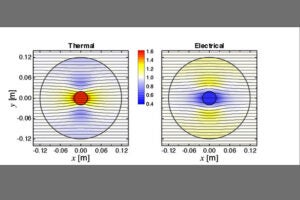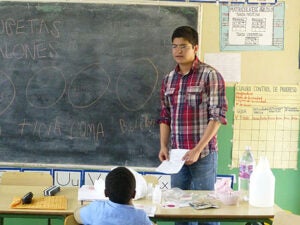Tag: Environments & Sustainability
-
Nation & World
A way forward on climate
Michael McElroy, Gilbert Butler Professor of Environmental Studies, talks about his new book, “Energy and Climate: Vision for the Future.”
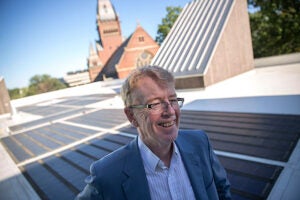
-
Nation & World
Bionic leaf turns sunlight into liquid fuel
A cross-disciplinary team at Harvard has created a system that uses solar energy to split water molecules and hydrogen-eating bacteria to produce liquid fuels.
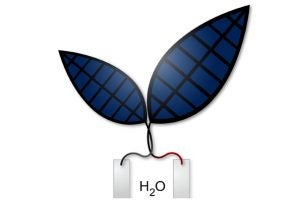
-
Nation & World
Study of African trees goes public
A postdoctoral fellow has launched a citizen-science project that aims to digitize thousands of pages of detailed observations on the life cycles of African trees.

-
Nation & World
Harvard’s Stavins, Stowe compare climate change policies in Paris
A side-event panel titled “Dialogue on the Comparison of Climate Change Policies” on Friday at the Conference of the Parties (COP21) featured Robert Stavins, faculty director of the Harvard Project and Harvard Project Manager Robert Stowe.
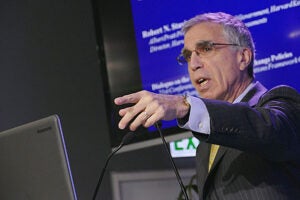
-
Nation & World
‘The Trouble with Jellyfish’
A video showcases “The Trouble with Jellyfish,” a new exhibition at Le Laboratoire Cambridge that spotlights a growing crisis beneath the sea.

-
Nation & World
Students bring fresh perspective to environmental issues
Each year the Harvard University Center for the Environment awards funding to students who have an interest in environmental and energy research. The students’ backgrounds vary as widely as their topics.
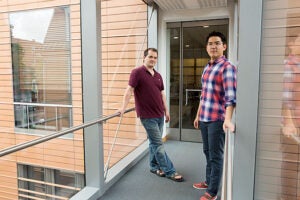
-
Nation & World
Ups and downs of sea level
Professor Jerry Mitrovica shed light on the dynamics of sea level rise in a talk at the Geological Lecture Hall.
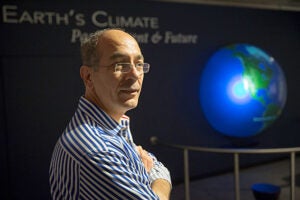
-
Nation & World
Why more ‘hotspots’ aren’t so cool
A new study published today in the Journal of Applied Ecology reports that the number of ecosystem hotspots in Massachusetts has increased over the past decade, with more and more popping up in metro Boston.
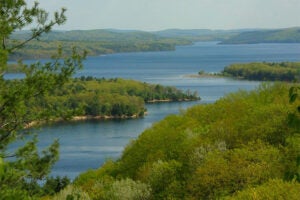
-
Nation & World
Benefits of Clean Power Plan are clear
States will gain large, widespread, and nearly immediate health benefits if the Environmental Protection Agency sets strong standards in the final Clean Power Plan, according to the first independent, peer-reviewed paper of its kind, published May 4 in the journal Nature Climate Change.
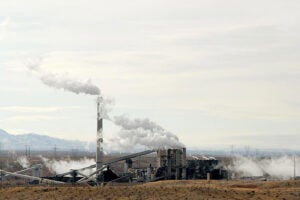
-
Nation & World
Measured impact
According to the University’s Sustainability Report, released online today, various conservation measures and behavior changes have already contributed to 60 percent of Harvard’s progress in meeting its goal to reduce greenhouse gas emissions 30 percent by 2016.
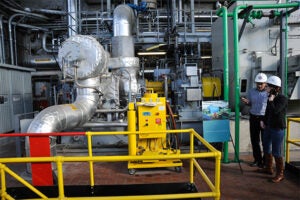
-
Nation & World
Climate engineering: In from the cold
Harvard Professor David Keith says that two new reports by the National Academy of Sciences are likely to boost a deeper look at possible geoengineering options for climate engineering.
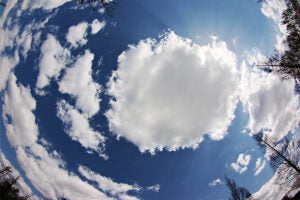
-
Nation & World
A trap for greenhouse gas
A team of researchers has developed a novel class of materials that enable a safer, cheaper, and more energy-efficient process for removing greenhouse gas from power-plant emissions.
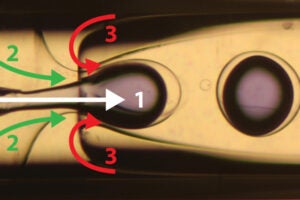
-
Nation & World
A read on seawater sulfate
A tool developed by Professor David Johnston and colleagues might help shed light on biogeochemical cycling in oxygen minimum zones.
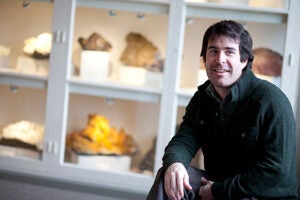
-
Nation & World
$3.5M gift to develop environmental leaders
A five-year, $3.5 million gift to launch the Louis Bacon Environmental Leadership Program was announced Wednesday by the Harvard Kennedy School. Louis Bacon is a prominent entrepreneur and conservationist.
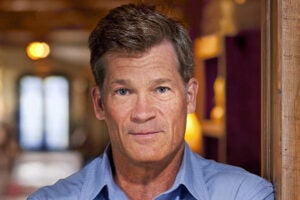
-
Nation & World
Worrisome growth pattern
Forest growth is starting to show the effects of climate change, new research finds.
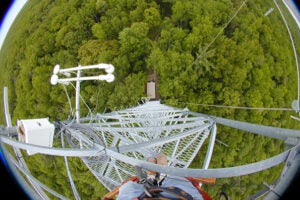
-
Nation & World
Taking stock of sustainability efforts
A conference co-hosted by Harvard looked at the future of sustainability efforts at universities and other large institutions.
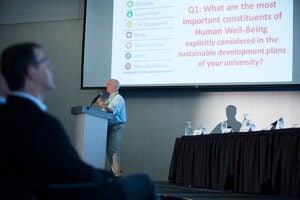
-
Nation & World
Studying energy, environment
Beginning this fall, Harvard undergraduates will be able to select a secondary field of study in energy and environment, which will allow students in an array of concentrations to gain exposure to issues such as climate change.
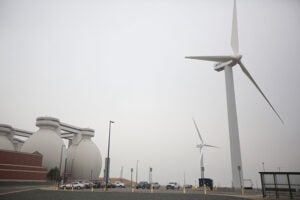
-
Nation & World
Rising CO2 poses significant threat to human nutrition
At the elevated levels of atmospheric CO2 anticipated by around 2050, crops that provide a large share of the global population with most of its dietary zinc and iron will have significantly reduced concentrations of those nutrients, according to a new study led by Harvard School of Public Health.
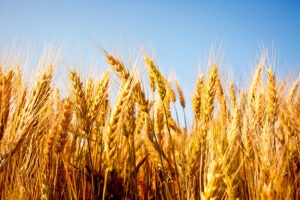
-
Nation & World
Working with China on key issues necessary
Former World Bank President Robert Zoellick advocated engagement with China in areas of agreement as the nation faces its multiple challenges in environment, economy, and energy supply.
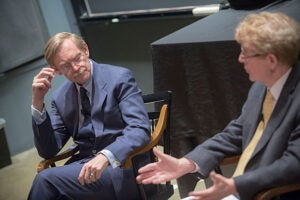
-
Nation & World
Fund to tackle climate change
In an effort to catalyze research into sustainable energy sources, Harvard President Drew Faust has challenged University friends and alumni to raise a $20 million Climate Change Solutions Fund and seed new approaches to confronting the threat of climate change.
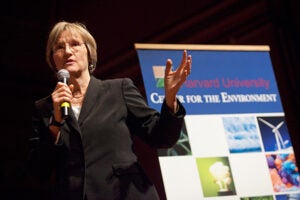
-
Nation & World
U.S. methane emissions exceed government estimates
Emissions of methane from fossil fuel extraction and refining activities in the United States are nearly five times higher than previous estimates, according to researchers at Harvard University and seven other institutions.
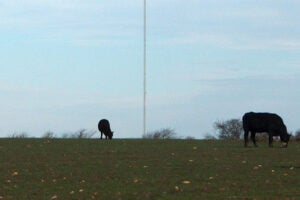
-
Nation & World
National parks face dangerous foe
Thirty-eight of the United States’ national parks are experiencing “accidental fertilization” at or above a critical threshold for ecological damage, according to a study led by Harvard University researchers and published in the journal Atmospheric Chemistry and Physics.
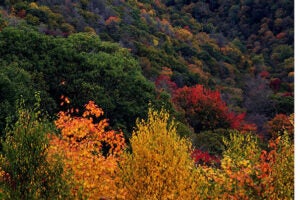
-
Nation & World
Dow Chemical-Nature Conservancy collaboration honored
The Harvard Kennedy School will present the 2013 Roy Family Award for Environmental Partnership on Oct. 7 to the Dow Chemical Co. and The Nature Conservancy (TNC) for their groundbreaking collaborative work to incorporate the value of natural resources into the business bottom line.
-
Nation & World
Bright lights, big impact
Harvard’s facility managers are working to improve energy systems and performance in their buildings. Their efforts, which include installing better equipment, are focused on ensuring that buildings operate as efficiently as possible.

-
Nation & World
Big problems, small solutions
Author and activist Bill McKibben ’82 visited Harvard with a message: In the face of catastrophic climate change, it’s time for overt and energetic civil action.
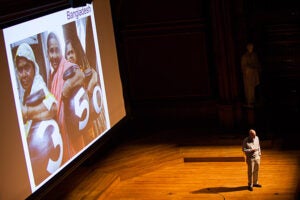
-
Nation & World
Wildfires projected to worsen with climate change
A Harvard model predicts that by 2050, wildfire seasons will be three weeks longer, up to twice as smoky, and will burn a wider area in the western United States.
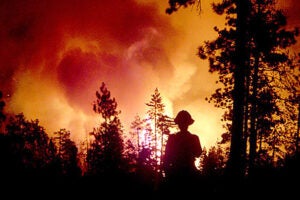
-
Nation & World
Efficiency in the forest
Spurred by increasing levels of atmospheric carbon dioxide, forests over the past two decades have become dramatically more efficient in how they use water, a Harvard study has found.
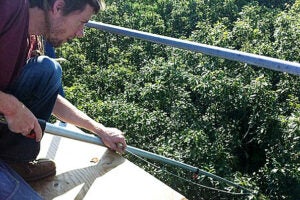
-
Nation & World
Saving the mother river
The Sangam — the point where the Ganges, Yamuna, and the mythical Saraswati rivers meet — is one of the holiest spots in India, drawing millions of Hindus for the Kumbh Mela festival. As a group of Harvard students learned, it’s also a place where centuries-old religious practices and modern-day environmental politics collide.




